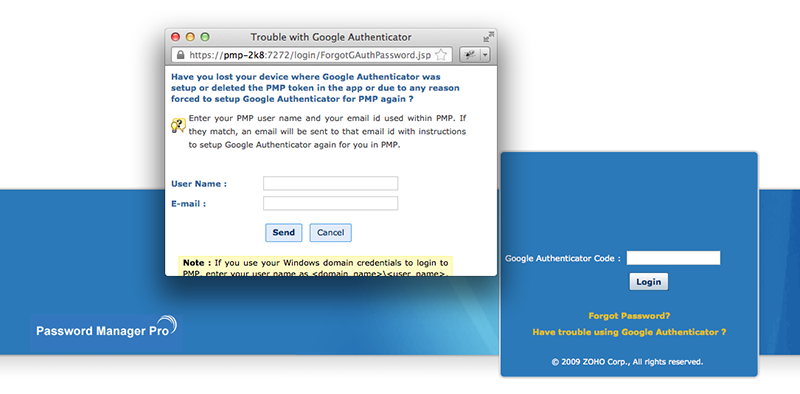
With this kind of two-factor authentication, mere knowledge of username and password is insufficient to break into a user's account - the attacker also needs knowledge of the shared secret key, or physical access to the device running the Authenticator app. The user runs the Authenticator app, which independently computes and displays the same password, which the user types in, authenticating their identity. The site then computes (but does not display) the required six-digit one-time password and asks the user to enter it. To log into a site or service that uses two-factor authentication and supports Authenticator, the user provides a username and password to the site. This secret key will be used for all future logins to the site. It must be set up for each site with which it is to be used: the site provides a shared secret key to the user over a secure channel, to be stored in the Authenticator app. To use Authenticator, the app is first installed on a smartphone. Ĭurrent releases of the software are proprietary freeware. This source code also has not been updated in years. Likewise, for old versions of the Google Authenticator apps for iOS and BlackBerry, the source code is also freely available. However, this fork has not been updated since 2020.
Chrome authenticator android#
Google provides Android, BlackBerry, and iOS versions of Authenticator.Īn official open-source fork of the Android app is available on GitHub. When logging into a site supporting Authenticator (including Google services) or using Authenticator-supporting third-party applications such as password managers or file hosting services, Authenticator generates a six- to eight-digit one-time password which users must enter in addition to their usual login details.


It implements multi-factor authentication services using the Time-based one-time password (TOTP specified in RFC 6238) and HMAC-based one-time password (HOTP specified in RFC 4226), for authenticating users of software applications. Google Authenticator is a software-based authenticator by Google. Proprietary freeware (some versions were under Apache License 2.0)


 0 kommentar(er)
0 kommentar(er)
